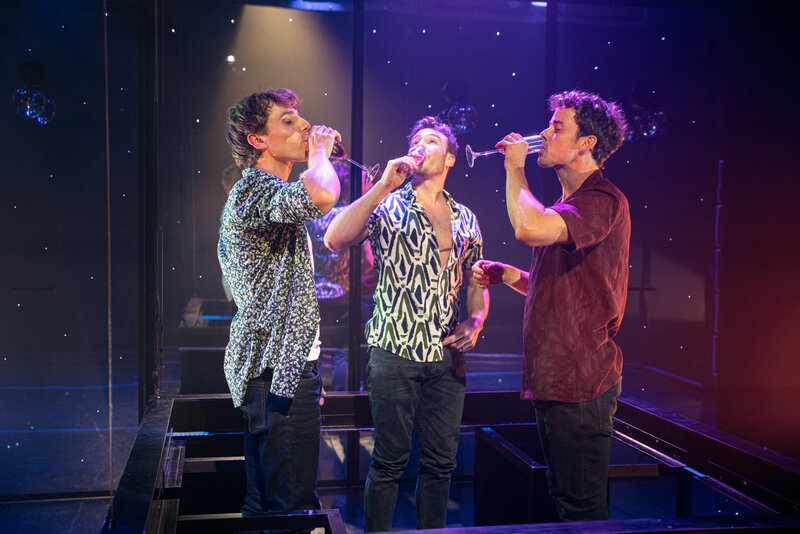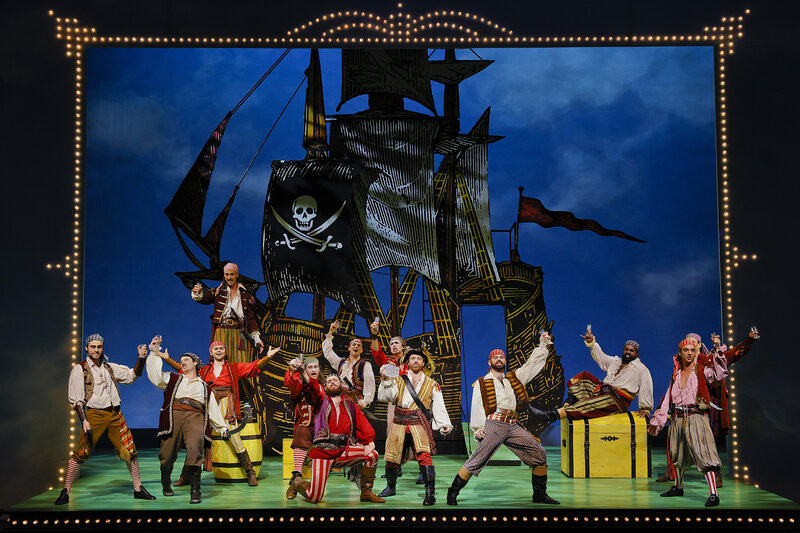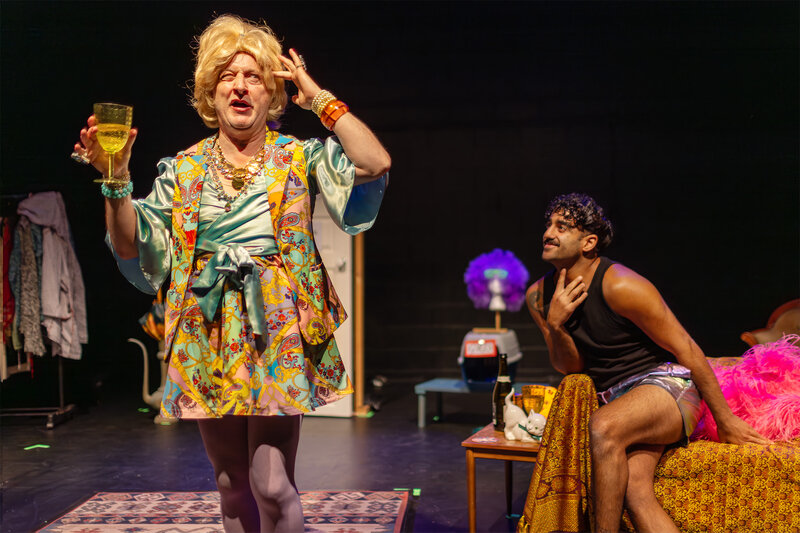A quintessential Australian yarn, some decent storytelling and a few beaut performances are the hallmarks of this road trip with a difference.
Rex Macrae (Michael Caton) is a Broken Hill cab driver who has spent his life avoiding getting close to people. Even his best friend and occasional lover Polly (Ningali Lawford-Wolf – Rabbit Proof Fence, Bran Nue Day), who lives across the road, is kept at a distance. One day, he discovers he is not long for this world … in fact, at best, he is given three months to live. He doesn’t want to be forced to rely upon anyone, least of all Polly, so he decides to opt to die with dignity. Rex leaves his home and determines he will drive alone the 3,000 kilometres to Darwin, where the recently passed euthanasia laws lead him to believe he can be in control of his own destiny. Leading the death with dignity push is a busy Northern Territory doctor, Jacki Weaver. Along the way, Rex meets a scurrilous young aboriginal man (Mark Coles Smith) and an English nurse (Emma Hamilton), who has travelled to the outback for a bit of sun and is now pulling beers.
 Director, producer and co-writer Jeremy Sims says the film has been a long time in the making. He and fellow writer Reg Cribb (who co-adapted Bran Nue Dae as a feature film) drove to Broken Hill and then onto Darwin researching the story 14 years ago. They related a version of the tale on stage a few times and began work on the screenplay nine years ago, producing many drafts and refinements, trying to find the right tone.
Director, producer and co-writer Jeremy Sims says the film has been a long time in the making. He and fellow writer Reg Cribb (who co-adapted Bran Nue Dae as a feature film) drove to Broken Hill and then onto Darwin researching the story 14 years ago. They related a version of the tale on stage a few times and began work on the screenplay nine years ago, producing many drafts and refinements, trying to find the right tone.
The strongest theme in the film is that of belonging. Last Cab to Darwin explores ‘mateship’, family, loneliness and euthanasia as a way of controlling how we leave this place once we are sure we no longer belong here.
The origins of the story were an article that Reg Cribb read referencing Max Bell, a terminally ill cab driver who drove thousands of ks from his home in Broken Hill to Darwin in the 1990s. He hoped to take advantage of the NT’s voluntary euthanasia laws. The writers realised early on though that the yarn they wanted to weave was not biographical, rather the possibilities that come from a cabbie driving that distance. Max Bell didn’t have many friends. He was a very difficult, cantankerous old bugger who apparently used to drive around abusing people from the window of his cab if they were too slow crossing the road. He had no family and no one to tell his tale to. Max didn’t meet anyone on his journey to Darwin – he just drove there. But Sims and Cribb wanted to tell an allegorical story using the start of Max’s story.
There’s much to like about this engaging Aussie film, uneven though it might be. Caton is particularly strong as the lead. He is the glue that binds this piece together and is a steadying influence. He sets the mood with a performance that is moving and compelling.
Last Cab to Darwin is very much a character-driven piece, with the distinctive personalities being one of the most enjoyable components. Rex lives literally opposite Polly and Polly often bellows at him, but the pair has mutual respect, admiration and love. I greatly appreciated what Ningali Lawford-Wolf did with her role, ensuring it was nuanced. Jacqui Weaver is her usual solid self as a sympathetic doctor.
Two of the revelations in the piece were Mark Coles Smith and Emma Hamilton, the former irreverent, cheeky, vulnerable and inconsistent; the latter a modern day Mother Teresa with a spirit of adventure. Coles Smith’s persona is larger than life. His highs are a soaring reflection of his positive countenance, while his lows are just plain ugly. They are ably supported by John Howard (the actor), Alan Dukes and David Field, who play three of Rex’s mates.
Last Cab to Darwin offers up a bit of everything – it has charm and wit, good humour and drama. Particularly noteworthy is the larrikin humour, several poignant scenes (counterpointed by others than are best forgotten, such as a morning TV show sequence featuring the “death machine”) and breathtaking scenery and backdrops. Some of the words appear to flow quite naturally, while others seem purely to serve as tools to openly manipulate the audience’s sensibilities. While I appreciated the former, I was far less accepting of the latter (because believability is the cornerstone of great filmmaking).
Overall though, I was far the richer for having sat through a film with a truly unique Australian voice that deserves to be seen. Rated M, Last Cab to Darwin scores a 7 to 7½ out of 10; and is available on DVD, Blu-ray and on-demand from 9 December 2015.
Alex First

David Edwards is the former editor of The Blurb and a contributor on film and television




